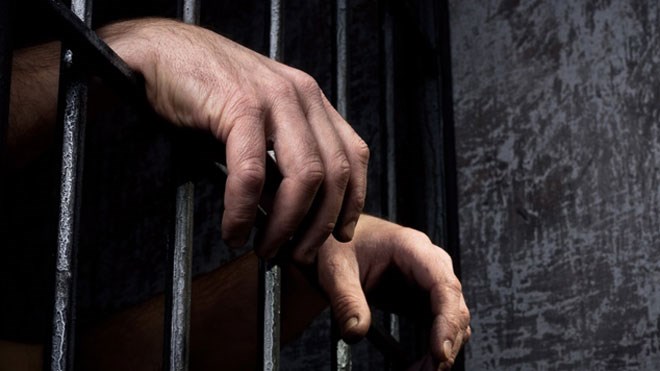An increasing number of people with mental health-related issues are coming into the community as jails release non-violent offenders to limit the potential for COVID-19 infections among those who remain incarcerated.
Advocates say these people who are already dealing with other issues are often lost in the system, with no access to services or housing.
A new report calls for an increase in services and co-operation between community service providers as well as housing to ensure people get the help they need.
“With the inmates being discharged from Central North Correctional (in nearby Penetanguishene) and coming to Barrie, it does put an overburden on our health-care system here and our housing systems for our justice-related individuals,” said Debbie Bigelow, regional co-chair of the Simcoe-Muskoka Networking Committee, which was part of the provincial Human Services and Justice Coordinating Committee Network that created the report.
“Because of the influx of inmates coming to our community, there’s not a lot of services that they’re connected to immediately and it does press an overburden on our system," she added. "We need more increased access to our community-based legal services in order to assist these individuals.”
The Provincial Human Services and Justice Co-ordinating Committee’s housing and justice report emphasized the need for supportive housing.
The report recommends increased access to and availability of community legal services, increased collaboration and co-operation between community service providers to help clients connect with appropriate supports, and improved access to supportive housing and training for supportive housing service providers.
It also suggests the province invest in supportive housing and case management for those with mental-health and addictions issues involved in the justice system.
A lack of available rental housing in Simcoe County has pushed up prices, often beyond reach of many, say advocates.
Barrie was ranked by online property rental platform PadMapper.com as the eighth most expensive Canadian city in which to rent a home in November. A one-bedroom apartment was renting for an average monthly price of $1,440.
“Every day, some of our clients are hitting the pavement with some of their workers trying to find housing,” said Lori Howcroft, Canadian Mental Health Association (CMHA), Simcoe County Branch homeless initiative program manager. “Some of our clients are lucky enough to access rent supplements.
“Our rent supplements don’t actually even cover the amount of rent that landlords are charging in the city of Barrie.”
While they aim to find housing for $1,200 or less, Howcroft says that’s close to impossible. Many are lucky to have $1,200 per month, in total, to live on.
The mental-health and addictions program does provide around 300 people with rent supplements, but that’s not enough to put a roof over the heads of all their clients, she added.
That means "lots of clients living in shelters and on the streets and couch surfing with friends," Howcroft said.
Bigelow added that the increased influx of people out of jails means a shortage of support available.
“Within the whole system we need a whole lot more people in the community, helping to navigate all the complexity of systems that people face, especially if they’re coming right out of jail,” said the CMHA’s addictions clinical director, Lynne Cheliak. “They have very few supports, so it’s really critical that we help to walk alongside that person and to help to navigate the system.”
With that help they can easier access housing, the mental health and addiction services they need, financial and food security, she said.
